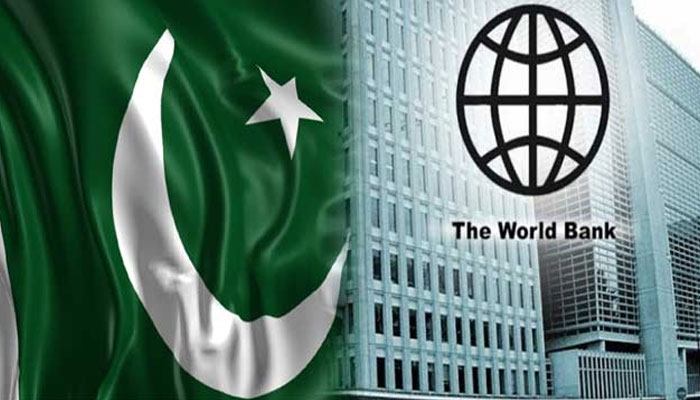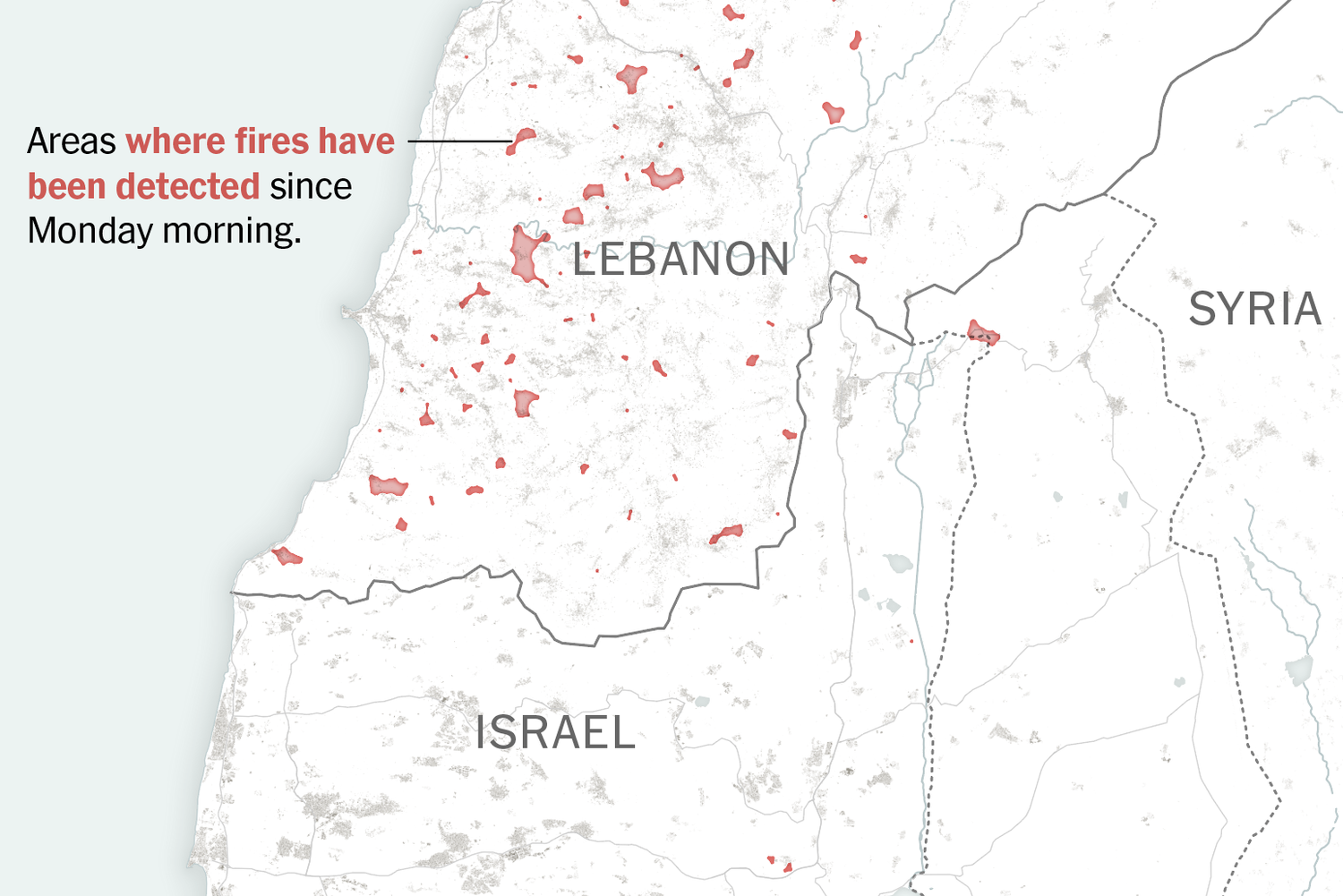The World Bank’s Board of Executive Directors, in a strong show of commitment, has approved $535 million in financing to support two pivotal projects in Pakistan. This substantial financial backing will strengthen the Crisis Resilient Social Protection (CRISP) Program and the Sindh Livestock and Aquaculture Sectors Transformation (LIVAQUA) Project. The World Bank’s decision, a testament to its belief in Pakistan’s potential, aligns with Pakistan’s vision to enhance its social protection system and fortify the resilience of its vulnerable households, while also fostering growth in the livestock and aquaculture sectors, particularly in the Sindh region.
Highlighting the devastating impact of the 2022 floods in Pakistan, Najy Benhassine, the World Bank Country Director for Pakistan, stressed the urgent need to bolster the country’s resilience in the face of such calamities. He emphasized the importance of strengthening social protection mechanisms and supporting sectors that underpin economic growth and recovery. Additionally, Benhassine emphasized the necessity of implementing innovative, climate-smart technologies and contingency planning to help vulnerable communities weather climate-related shocks.
The additional financing for the CRISP Program, totaling $400 million, will build on the program’s ongoing efforts to equip Pakistan’s social protection system with the necessary policy and delivery system foundations. This infusion of funds will enable more effective and rapid responses to future crises, with a specific focus on long-term policy actions to enhance the national cash transfer program’s effectiveness, coverage, and Federal-Provincial coordination. Amjad Zafar Khan, Task Team Leader for the Project, highlighted the CRISP program’s past achievements, including regular safety net support to over 9 million families and swift assistance to 2.8 million families during the recent floods. The additional funding is expected to further strengthen families’ resilience to climate and economic shocks and promote the provincial capacities to play a more substantial role in social assistance efforts.
On the other hand, the LIVAQUA Project, supported by $135 million in funding, is set to finance interventions that promote climate-smart production, value addition, and inclusive access to markets, with a strong focus on bolstering the livestock and aquaculture sectors in Sindh. The project, designed with a strong commitment to inclusivity, will cover all districts in Sindh using a phased approach, directly benefiting more than 940,000 farm families. Emphasizing inclusive growth, the project includes measures to ensure the active participation of female farmers and to narrow gender gaps, ensuring that no one is left behind in the development process.
In summary, the World Bank’s financing of $535 million for the CRISP Program and the LIVAQUA Project underscores the international commitment to supporting Pakistan in strengthening its social protection system, climate resilience, and the development of crucial sectors such as livestock and aquaculture. This financial boost is expected to have a tangible and positive impact on the country’s efforts to build resilience, support vulnerable communities, and foster sustainable economic growth.
















